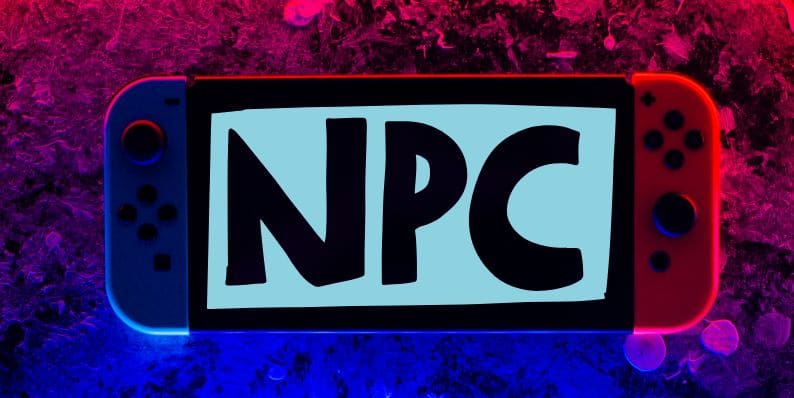You just built a new gaming PC. You’re staring at RAM specs. 3200 MHz? 3600 MHz? Maybe even 4000 MHz? You ask yourself: Does RAM speed really matter? Let’s break it down the simple way—no tech degree needed!
What is RAM Speed Anyway?
RAM speed is measured in megahertz (MHz). It tells you how fast the memory can process data. Higher speed means faster communication between your CPU and RAM.
Think of it like a grocery store cashier. The more items they can scan per minute, the faster you’re done. Fast RAM is like a really quick cashier.
How RAM Affects Gaming
In games, your computer loads a lot of data quickly. RAM helps with that. But here’s the catch—it’s not always about speed.
- Game Type Matters: Fast-paced games like first-person shooters (FPS) benefit a bit more from faster RAM.
- System Bottlenecks: If your GPU or CPU is already the weak link, upgrading RAM alone might not help.
- Frame Rates: You might see a small boost in FPS with faster RAM. We’re talking 5-10% max in most cases.
If you’re gaming at 4K, RAM speed matters even less. The GPU takes the stage there.
When Does RAM Speed Matter More?
Gaming isn’t the only thing you use a PC for, right?
- Content Creation: Video editing and 3D rendering love faster RAM. It helps big files process quicker.
- Multitasking: Running lots of programs at once? Fast RAM can help keep them snappy.
- Streaming While Gaming: If you’re doing both, RAM speed offers smoother performance.
So yes, if you’re juggling tasks—or editing the next big YouTube video—faster RAM earns its keep.
But… Isn’t More RAM Better?
Yes! But only up to a point.
Having more RAM helps more than faster RAM if you don’t already have enough. For gaming today, 16GB is the sweet spot. If you’re on 8GB, upgrade that first before chasing speed.
And no, 64GB won’t make Minecraft run faster. Save that for pro-level workstations.
Real-World Examples
Let’s say you’re playing the latest AAA game:
- With 16GB RAM at 2666 MHz: You get 60 FPS average.
- With 16GB RAM at 3600 MHz: You get 63–65 FPS average.
See the difference? It’s there—but small. You probably won’t even notice it without charts and graphs.
What About Overclocking?
If you like tweaking your PC, you might want to overclock RAM. It’s fun and can give a little extra kick. But be careful—it’s not always stable and only offers limited gains for gaming.
DDR4 vs DDR5
Newer motherboards support DDR5. It’s faster and more efficient—but also more expensive. And honestly, DDR4 is still great for most gamers.
If you’re building new, DDR5 is cool. If you already have DDR4, don’t rush to upgrade just for speed. The boost might not be worth the cost.
The Bottom Line
RAM speed does matter—but only a little for most people.
- For hardcore gamers? Get 3200–3600 MHz and call it a day.
- For creators and multitaskers? Faster RAM can help.
- For budget builds? Focus on getting enough RAM first.
Don’t get caught up in specs wars. Balanced parts and good cooling matter more than shiny MHz numbers.
So yes, RAM speed has its place. But you don’t need rocket fuel to drive to the grocery store. Game on!
- Best 7 Email Services For Creatives Who Manage Newsletters And Portfolios - February 19, 2026
- MPUException: No MPUs Detected in imu.py — Causes, Common Mistakes, and Step-by-Step Fixes - February 19, 2026
- HP Laptop Won’t Turn On After RAM Upgrade? 7 Fixes to Get Your HP Laptop Booting Again - February 18, 2026
